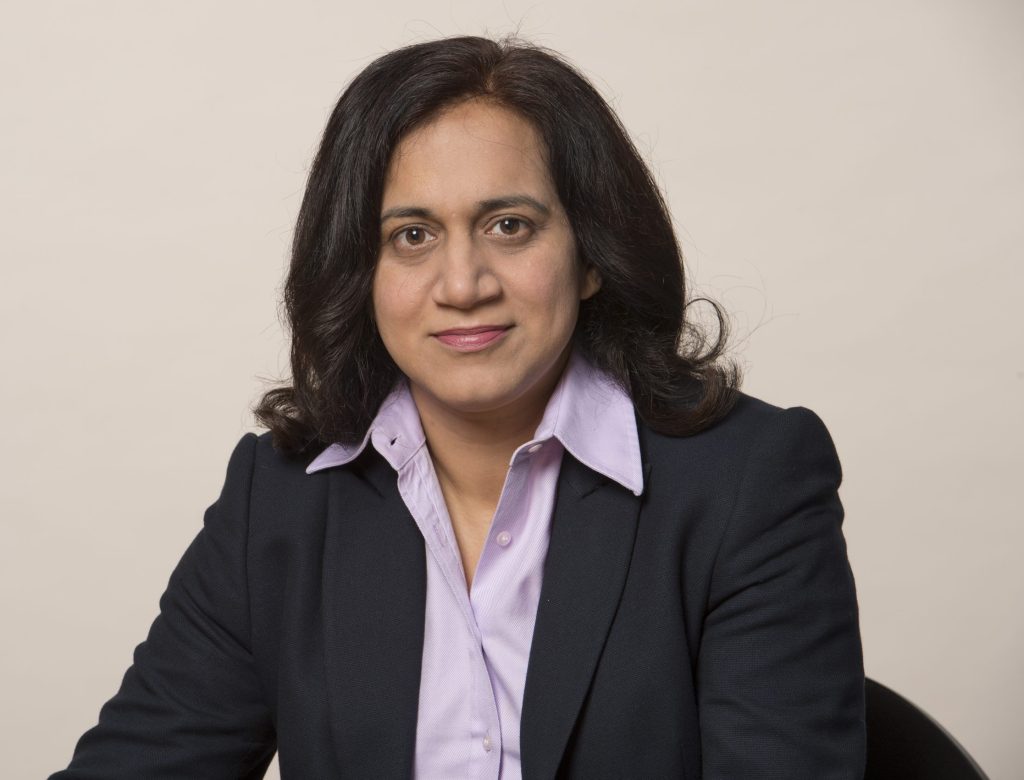Unparalleled Expertise

Sadiya Choudhury, Barrister, Pump Court Tax Chambers lays out the advantages of taking a step up to a career in tax law.
As a woman from a diverse background, how did you end up as a tax barrister?
I got to where I am by deciding what I definitely did not want to do. As a female from a South Asian background who did well at school, I was expected to choose medicine as a career but law seemed more interesting. When it came to decide between becoming a solicitor or barrister, I chose the latter as I liked the idea of being an independent advocate. I applied for and obtained a pupillage for the first six months in a general chancery/commercial set as I had enjoyed the intellectual challenge of the cases I saw during a chancery mini-pupillage.
I applied to various specialist tax sets, including PCTC, for the second six months. PCTC offered me tenancy at the end of pupillage and I have been there ever since. Plenty of people told me when applying for pupillage that the specialist Bar wasn’t for people of BAME origin because there were so few of them in practice but fortunately that didn’t put me off applying. Anyone still hearing such comments shouldn’t be put off by them either.
What sort of work does a tax barrister do?
Tax covers a range of personal, corporate and indirect taxes such as income tax, national insurance and VAT. It also offers a good mix of advice and litigation. I may be advising a family on the inheritance tax implications of a will on one day and on the next day I could be acting for an importer in an appeal against a decision by HMRC to charge customs duty. Tax also often requires considering issues arising under other areas such as contract, trusts and public law with the tax analysis depending on the underlying law. I may also be asked to consider a tax issue which has arisen in relation to insolvency or a divorce.
You've been a member of Chambers since 2003. Have you seen many changes since then?
The biggest change has been an increase in litigation as compared to advice, which means that there are far more opportunities to go to court even when very junior. As with other areas, the pandemic has meant that we have all become used to remote hearings which will still take place going forward.
Pump Court Tax Chambers has been described as "the biggest and best tax set in London". How do you ensure young barristers are attracted to work in this field?
We are justifiably proud of our reputation and everyone in Chambers wants to maintain it. In order to do that, we need to attract the best candidates to come and work for us, regardless of their background. However, there are a lot of misconceptions about what practising tax law actually involves. I’ve lost count of the number of people who have said to me that they wouldn’t like to do my job because they aren’t good with numbers, but the question of how much tax is due is usually one for an accountant as opposed to a tax lawyer.
We want to encourage candidates who would not have thought of applying to us to find out more about life as a tax barrister. PCTC is a founding partner of Bridging the Bar and its mini-pupillage scheme. We are also participating in the 10,000 Black Interns programme and support the Social Mobility Foundation as part of their Aspiring Professionals Programme.

“We want to encourage candidates who would not have thought of applying to us to find out more about life as a tax barrister.”

Click www.pumptax.com
